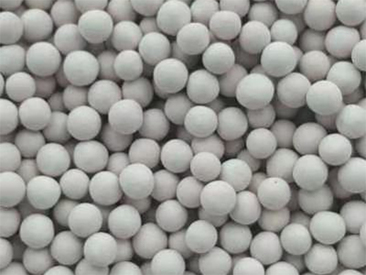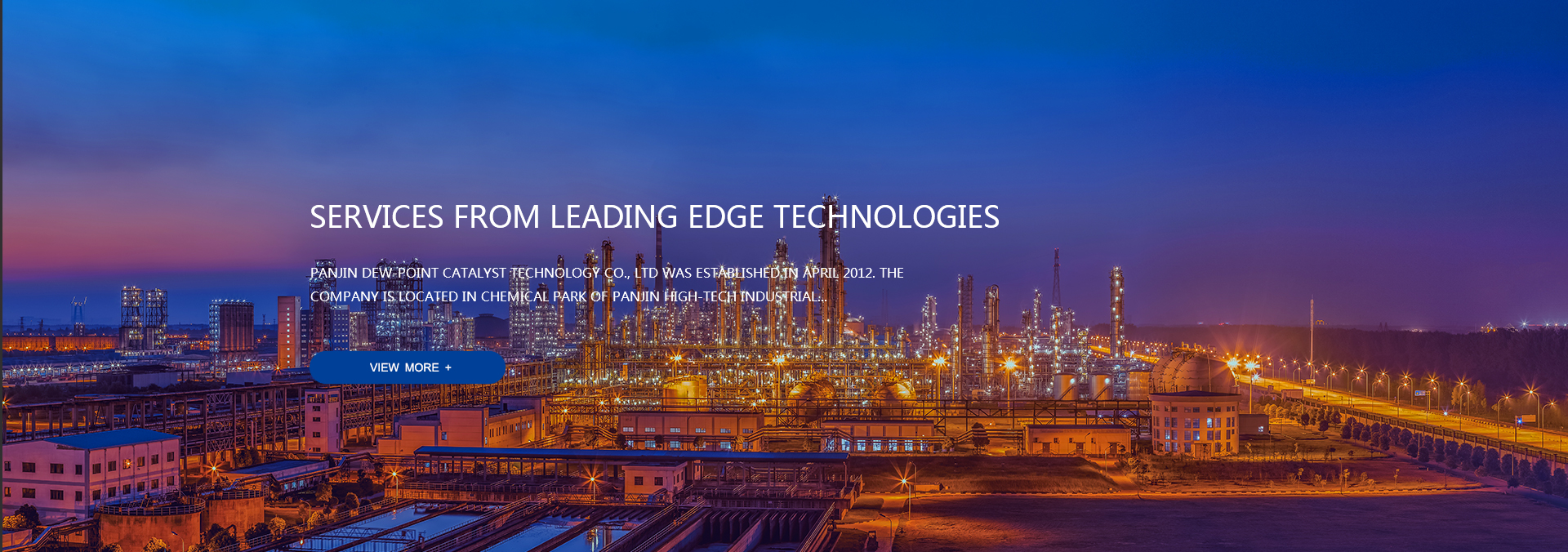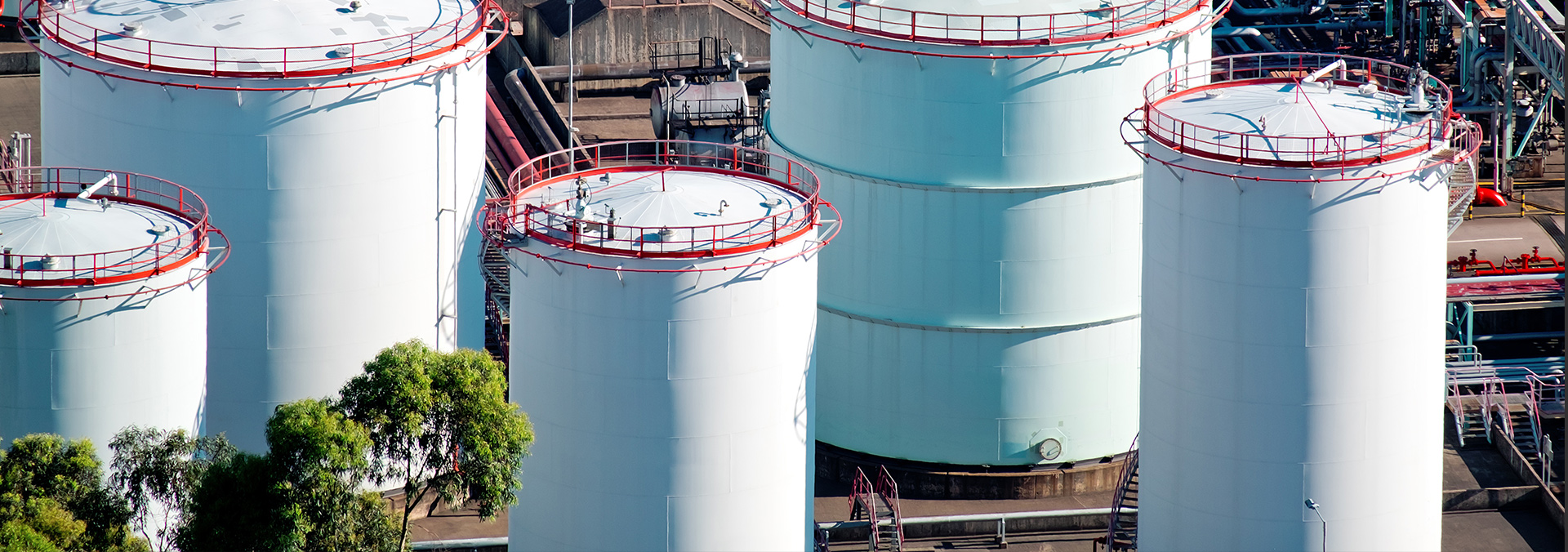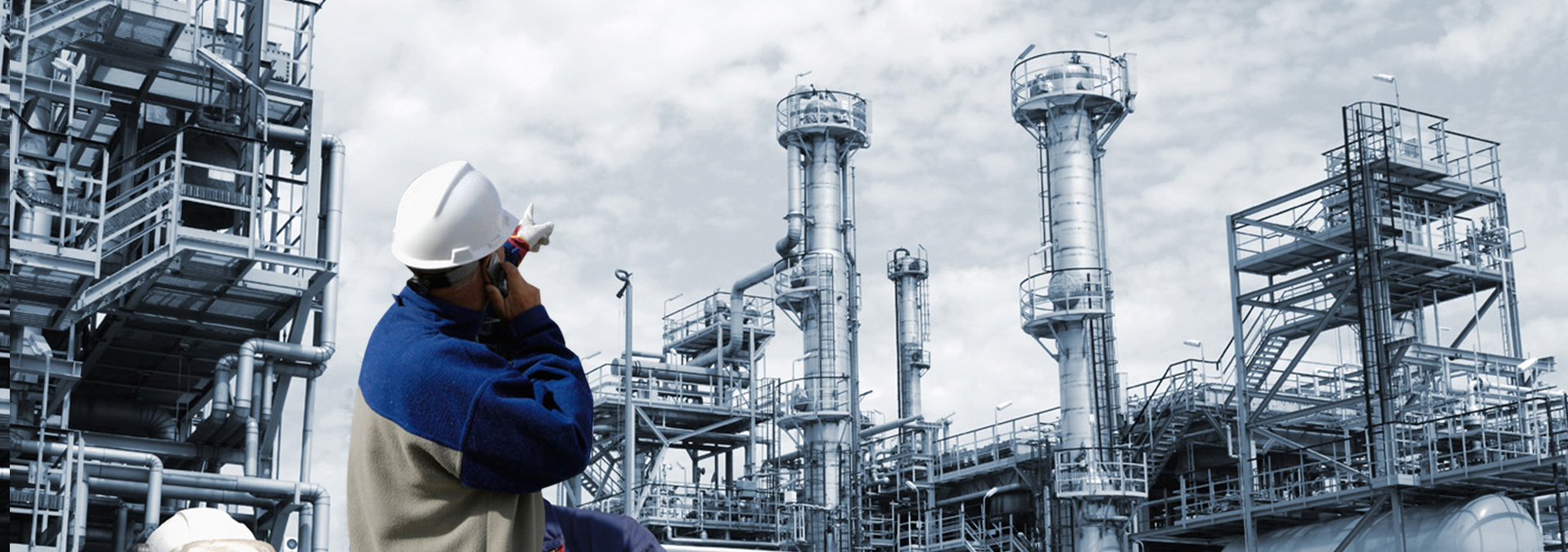Name:Panjin dew-point catalyst technologise co.,ltd.
Add:Chemical Industrial park, high-tech Zone, Panjin City, Liaoning Province, China
Tel:+86 427 659 4508
Fax:+86 0427-6594500
E-mail:service@dpcatalyst.com
power poles Panjin dew-point catalyst technologise co.,ltd. all rights
Hotline
0427-6594508
Methanation Catalysts use precautions and maintenance measures
Methanation Catalysts is a new type of transition metal catalyst, suitable for methanation devices in the chemical industry. It removes low-concentration carbon monoxide and carbon dioxide from hydrogen-rich feed gas, turning them into inert gas methane and easy-to-remove water, so as to achieve gas purification Purpose.

Methanation Catalysts have unique properties, high strength, high pore volume, high activity and easy handling. They have better operating results under high pressure and high airspeed. They are widely used in large, medium and small synthetic ammonia plants and natural gas manufacturing industries.
The main function of the Methanation Catalysts process is to convert the CO and CO2 in the mixed gas that are toxic to the subsequent process catalysts into methane to purify hydrogen, increase the calorific value of the product gas, and reduce environmental pollution; for example, methanation in the synthetic ammonia industry The function is to reduce the concentration of CO and CO2 to less than 10ppm and prevent iron catalyst poisoning. In addition, Methanation Catalysts are also used to purify and clean natural gas.
Methanation Catalysts use precautions and maintenance measures
1) S content in raw gas is required: ≤0.1PPm
2) Requires Cl- content in raw gas: ≤0.03PPm
3) It is required that the volume of imported raw gas CO+CO2 is less than 0.7%
4) It is important to maintain normal operating temperature: overtemperature of high concentration of CO2 will cause carbon deposition reaction; overtemperature caused by high concentration of inlet CO will deactivate the catalyst, mainly to form nickel carbonyl. The temperature cannot be controlled too low during production, and low-temperature air conduction is the main reason for the inactivation of Methanation Catalysts.







